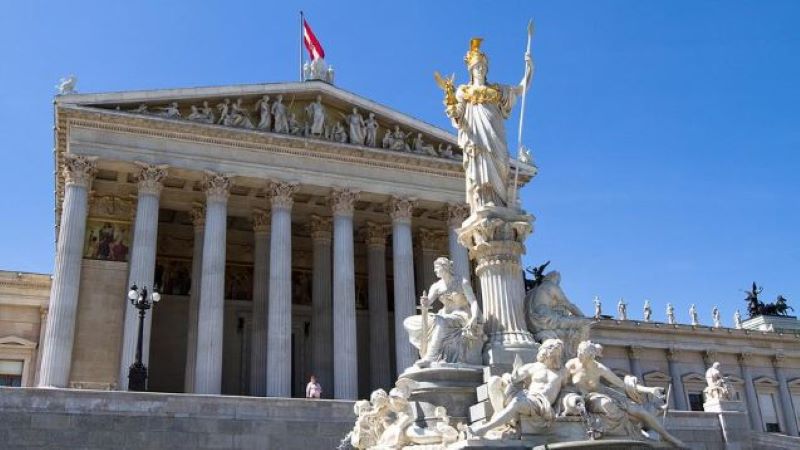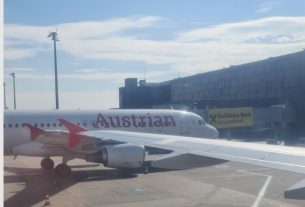Negotiators in Austria’s coalition talks are under growing pressure to accelerate progress, as state leaders and political factions demand substantive solutions. Lower Austria’s Governor Johanna Mikl-Leitner has called for ambitious “landmark projects” rather than settling for minimal compromises. Tyrol’s Governor Anton Mattle echoed this urgency, emphasizing citizens’ expectations for a coalition pact by mid-January. Both leaders proposed cost-cutting measures, such as scrapping the climate bonus and education leave, to save billions.
On the Social Democratic front, SPÖ heavyweight and media executive Gerhard Zeiler urged his party to abandon its push for wealth taxes, labeling them ineffective historically. Speaking on ORF Wien Heute, Zeiler advocated focusing on inheritance taxes but cautioned against forcing contentious policies, given the fragile coalition dynamics.
Meanwhile, the far-right Freedom Party (FPÖ) continues to gain momentum in polls, commanding 37% support, far outpacing the declining ÖVP (21%) and SPÖ (20%). NEOS holds steady at 10%, while the Greens stagnate at 8%, according to a survey by the Institute for Demoscopy and Data Analysis for the Krone.
FPÖ leader Marlene Svazek criticized the coalition process, blaming ÖVP Chancellor Karl Nehammer’s “vanity” for the failure to form a government with the FPÖ. She dismissed the proposed three-party coalition of ÖVP, SPÖ, and NEOS as a “misguided response” unlikely to yield meaningful solutions.
Despite tensions, negotiations between the ÖVP, SPÖ, and NEOS continue, with a focus on budgetary planning and “landmark projects” for the 2025–2026 double budget. However, the lack of a scheduled steering committee meeting leaves uncertainty over the timeline for progress.
As Austria navigates these high-stakes discussions, citizens and analysts eagerly await clarity on the country’s political direction.





